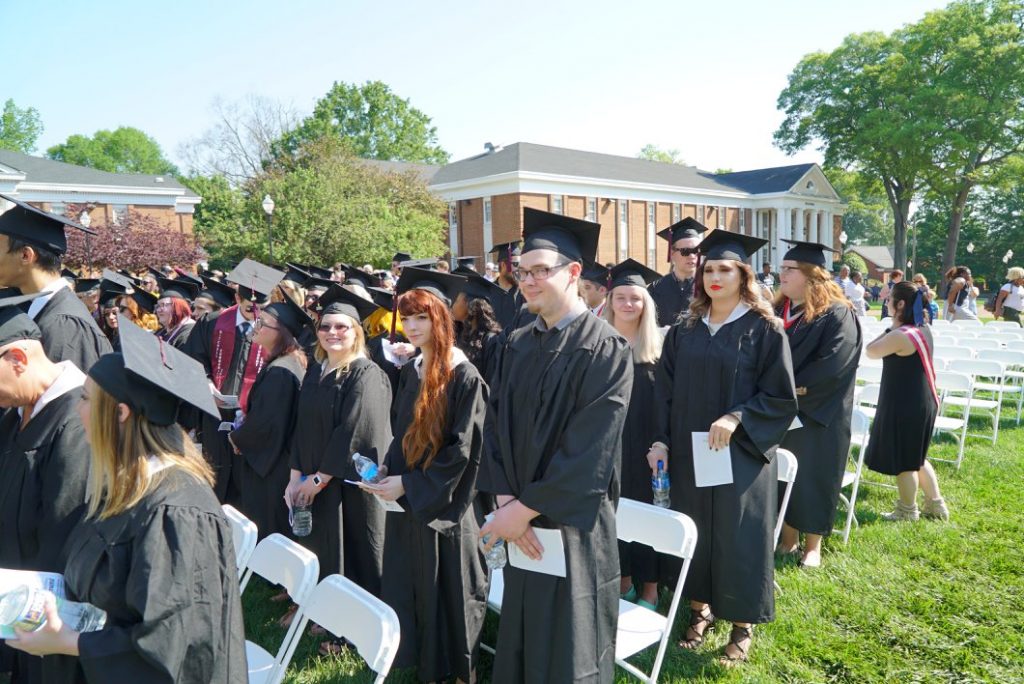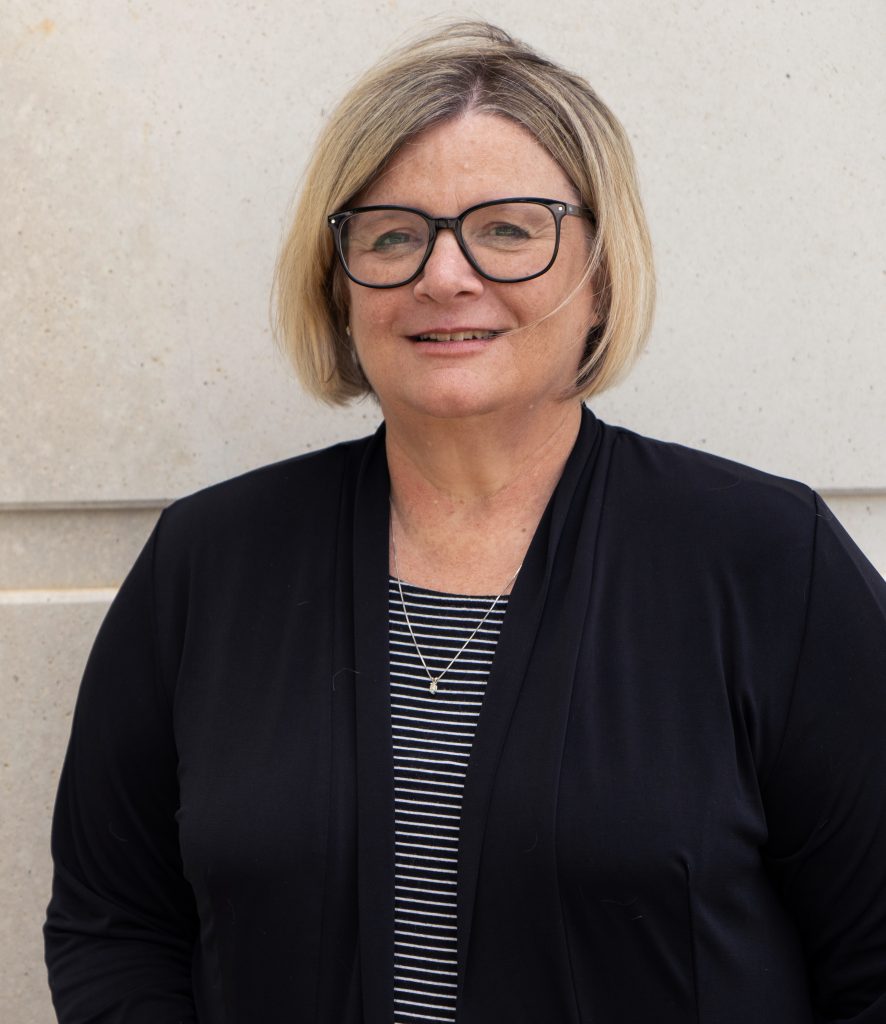
We tell students to learn to advocate for themselves. But what does that mean? I looked in my thesaurus (I still own an actual paper copy!) to see what words are similar to advocate. Many were listed, here are a few of my favorites. Champion. Speak well of. Stand behind. Support. Speak for. These words help describe what it means to be an advocate—for oneself or for others.
When we self-advocate, we are usually seeking a change to a current situation. People who do this successfully know a few secrets.
Let’s use an example of a student who feels they were awarded a grade on a group project that is unfair. After the steps, I’ll share examples of how this might work.

- Know the facts of the situation. Take out the emotion and write down the specific points that you know to be true. Do this at the beginning!
- Example: How many group meetings were you a part of? What specific tasks did you personally complete? What did you do to try and get the group working better? What and when did you communicate with other group members and/or the teacher?
- Figure out what you want the outcome to be. People will be easier to convince if they know what you are looking for.
- Example: What do you think your grade should have been? (This should be supported by your evidence in step 1) Do you want your grade to change? Do you need information on how to start some other action?
- Carefully put into writing what you listed in steps 1 and 2. Be specific about the words you choose so that you set a tone of cooperation. Avoid words that are emotionally charged.
- Example: Leave out adjectives and adverbs. That is where your emotions will show the most!
- Follow the “chain of command”. Start your communication with the person closest to the situation. Give them the first opportunity to respond. For example, if you have a concern that you were graded unfairly, start with the person who awarded the grade. Your first communication should not be with the superintendent.
- Be appreciative. Whether you achieve your desired results or not, thank the people who listened to your appeal. Being polite will reap many rewards in the long run!

Consider these two e-mails:
Email #1:
Dear Mr. Smith,
My group recently received a 75 on our research project. I understand that this was because some parts of the grading rubric were missing from our presentation. I am frustrated, though, because I tried 5 times to get two of my group members (Johnny and Sally) to contribute. They agreed to complete the Introduction and Conclusion, but never got it done. Other group members and I tried to encourage them and offered to help, but they kept telling us “I got it”. On the morning of the presentation, we learned they had no slides for the project.
If possible, I would like to have my grade calculated on the part of the presentation that was complete and shared with the class last week. My other group members (Carl and Nancy) also deserve this accommodation.
Thank you for considering my request. I have text messages and e-mails that support my position if you would like to see them.
Sincerely,
Sam Student
3rd Block English
Email #2:
Hey,
My group got 75 on our research project. The missing parts from the rubric were not my fault. My group members were lazy and wouldn’t do what I told them to. They agreed to complete the Introduction and Conclusion (the easiest parts!!) but didn’t do it. On the day we presented, I was like “Dudes, where are slides?” and they were like “Sorry, didn’t get them done. Got into a big battle on a video game that lasted all night.”
I don’t ever want to be in a group with them again. I deserved an “A” on this project, but because of their “F” work, I got cheated. It’s not fair. I hate it when teachers grade that way.
Anyway, I think I should get the “A”. Go ahead and give them an “F” in you want—they deserve it. I’m really tired of doing all the work in group projects and then getting a low grade because of slackers.
Susan
Which of these students is self-advocating? Which is mostly complaining? Put yourself in the teacher’s shoes. Are you more likely to change the grade for Susan or Sam?









